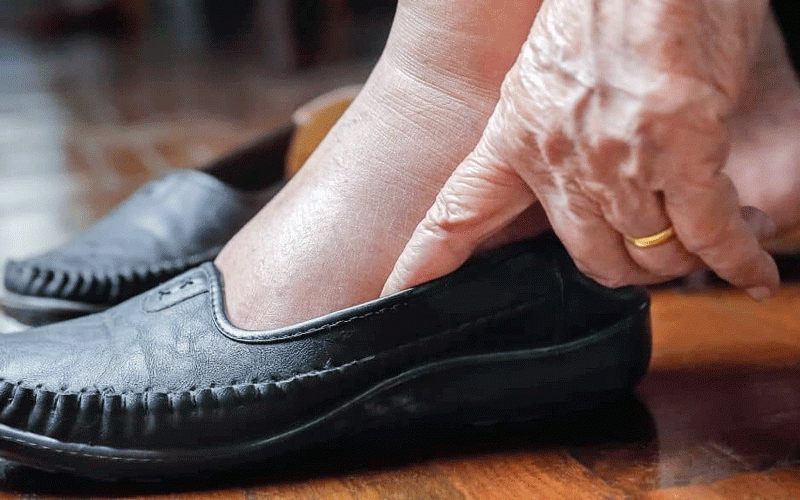
Mailonline
White lies may seem harmless at the time, but bending the truth can actually cause physical and mental health, researchers say. People who consciously tried to tell fewer white lies were less likely to feel tense or sad and also experienced fewer sore throats and headaches.
Those who told fewer porkies also had better relationships and smoother social interactions overall than fibbers, according to the study from The University of Notre Dame.
The team followed 110 people aged 18 to 71 years old over 10 weeks. While half of the participants were told to stop telling both major and minor lies for the duration of the study, the rest of them were given no instructions about lying.
Both groups went to the lab weekly to complete health and relationship measures and to take a polygraph test assessing the number of major and white lies they had told. Study author Professor Anita Kelly said the average person told 11 lies a week.
Results revealed when those in the “no lie” group told three fewer falsehoods than they did in other weeks, they experienced four fewer mental-health complaints and three fewer physical symptoms. This benefit was greater than when the control group unconsciously told fewer white lies in one particular week.
When participants across both groups lied less in a week, they reported that their physical health and mental health was significantly better that week. Professor Kelly said: “We found that the participants could purposefully and dramatically reduce their everyday lies, and that in turn was associated with significantly improved health.”
The study, presented at the American Psychological Association’s 120th annual convention, also found some participants learned to avoid lying by answering troubling questions with a question to distract the person.
- Chamisa under fire over US$120K donation
- Mavhunga puts DeMbare into Chibuku quarterfinals
- Pension funds bet on Cabora Bassa oilfields
- Councils defy govt fire tender directive
Keep Reading
Co-author Professor Lijuan Wang said: “Statistical analyses showed that this improvement in relationships significantly accounted for the improvement in health that was associated with less lying.”











